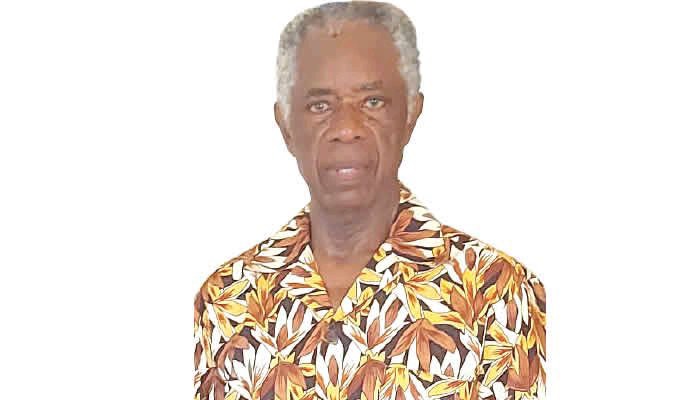According to Punch Newspaper, captain Jaiyeola Adeola, an 80-year-old retired pilot, has lived through the evolution of Nigeria’s aviation sector, watching it take off from modest beginnings to moments of great promise before entering a prolonged period of decline. His journey from a carefree boy to one of Nigeria’s pioneering aviators is a reflection of how individual lives often mirror the larger story of a country. As a former Nigeria Airways pilot, Adeola’s story captures both the aspirations and challenges of a nation that once placed great hope in its national airline and aviation infrastructure.
Adeola’s early life was marked by simplicity and freedom. He grew up during a period when the structure of family and community life was strong, yet informal enough for children to explore and learn from their surroundings. It was a time before widespread urbanization and digital distractions, when outdoor activity and firsthand experiences formed the foundation of learning and ambition. His entry into aviation was not born out of a rigid plan but from a curiosity and determination that led him to become one of the early Nigerian pilots trained both locally and abroad.
Over his 35-year career, Adeola saw the best and worst of Nigeria Airways. He witnessed its golden age when it was a symbol of national pride, connecting cities and countries and showcasing Nigerian professionalism to the world. Pilots like him were respected not just for their skills but for the trust they carried on international routes. At its peak, Nigeria Airways had a fleet that included Boeing 707s and 737s, and its presence was felt in major airports across Africa, Europe, and parts of the Middle East. During this period, the airline was not just a carrier but a representation of what Nigeria could be on the global stage.
Adeola’s recollections include moments of high national significance. One such moment was when he served as co-pilot on a flight carrying General Olusegun Obasanjo to Khartoum during his time as head of state. The mission was tied to an Organisation of African Unity meeting, a testament to the trust placed in the airline and its pilots. Flights like these were not ordinary assignments; they involved tight schedules, diplomatic importance, and the need for utmost discretion and professionalism. His inclusion in such missions indicates the level of competence and discipline Nigeria Airways demanded of its crew.
Another pivotal experience came during the political transition of 1983. In the days following the military coup led by General Muhammadu Buhari, Adeola was assigned the task of flying the general across different parts of the country. It was a time of political uncertainty, and for almost three days, Nigeria had no formal government in place. Adeola’s role was not just that of a pilot but that of a discreet facilitator of power transitions. The responsibility of moving a newly emerged head of state at such a sensitive time underlines the crucial behind-the-scenes work aviation professionals often undertake in service of the country.
Beyond his professional contributions, Adeola’s life story also touches on how Nigeria has changed socially, economically, and culturally. From his vantage point, he has observed the erosion of discipline, the weakening of public institutions, and the increasing difficulty of maintaining high standards in service sectors. These changes are not limited to aviation but reflect broader national trends. The decline of Nigeria Airways itself is a case study in mismanagement, corruption, and missed opportunities. Where there was once excellence and promise, bureaucracy and lack of accountability gradually took over, leading to the airline’s eventual collapse.
Today, Adeola lives in quiet retirement, occasionally reflecting on what was and what could have been. He remains proud of his contributions and the role he played in shaping a key part of Nigeria’s history. Though aviation in the country has struggled in recent years, with newer airlines trying to fill the void left by Nigeria Airways, the memories and experiences of pioneers like Adeola serve as a reminder of what is possible when infrastructure, personnel, and national vision align. His story is a testament to dedication and a reminder that every sector requires not just policies but people who embody professionalism and responsibility.
He said: Well, I was a pilot for some of the head of state flights when I worked with Nigeria Airways. I flew as co-pilot when General (Olusegun) Obasanjo went to Khartoum (the capital of Sudan) for an OAU meeting when he was the head of state. I was on the 707 flight to Khartoum.
I also flew General (Muhammadu) Buhari around during the 1983 coup. I remember that for about two or three days, the government hadn’t been formed, and General Buhari, who led the coup, was moving across the country. I was the pilot who flew him around during those three days.
Love Reading Authentic News Stories, Click The Button Below

